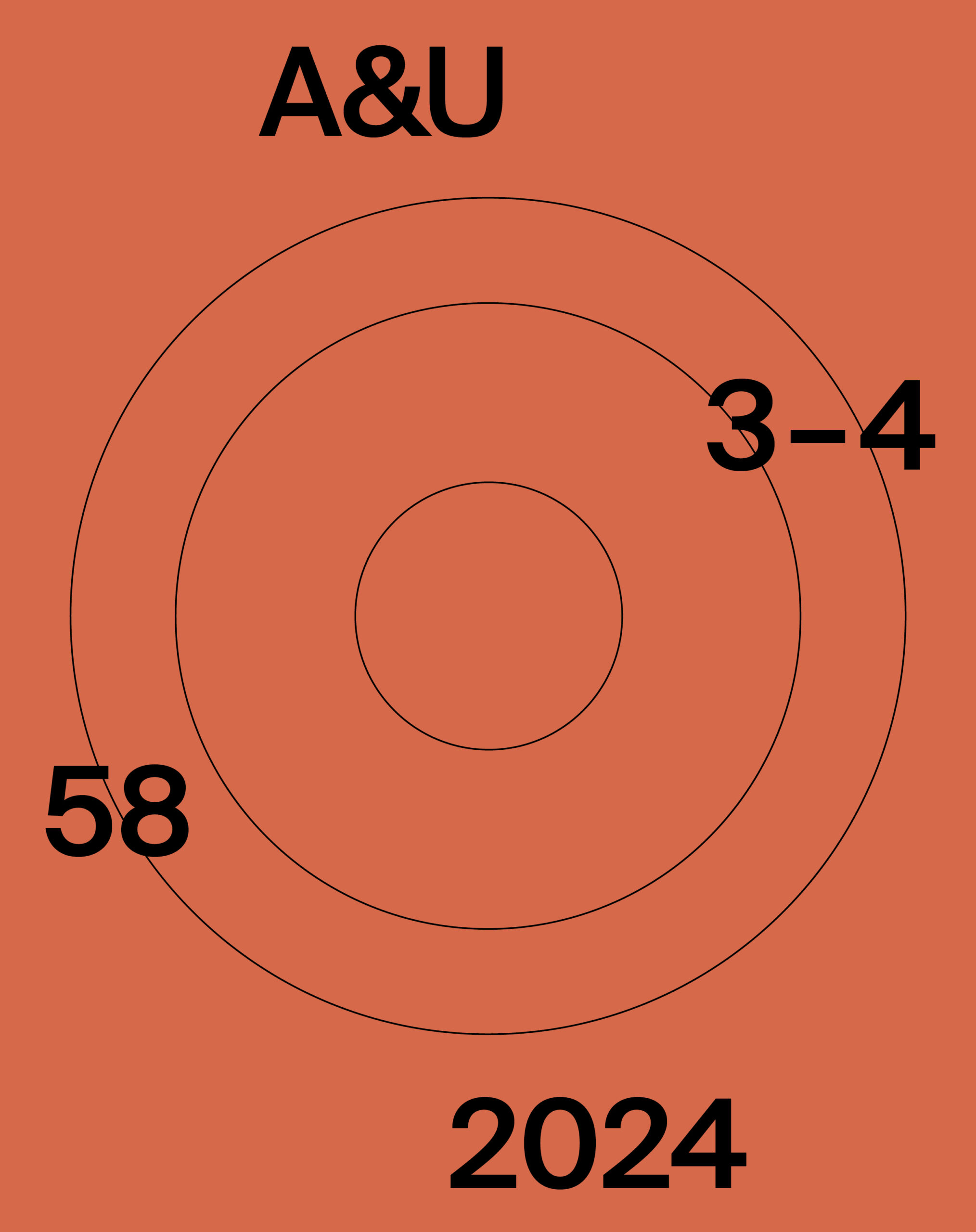The outbreak of the Greek debt crisis in 2010 sparked considerable discussion on domestic energy consumption in Greece. In combination with austerity measures, the economic recession has led to rising unemployment, falling incomes, the rollback of the welfare state and increased taxation burdens, especially on private property.2 Financial constraints, coupled with rising fuel prices as the result of changes in the global energy market and specific national policies, are making energy unaffordable for a significant part of the population.3 Under these circumstances, access to energy is no longer taken for granted and the concern has become part of a wider discourse about the housing crisis.4 The problems and the challenges regarding domestic energy consumption are significant aspects of the deteriorating living conditions of Greek households, while also intertwined with the physical deterioration of buildings due to high operating and maintenance costs and pressure on borrowers who have non-performing mortgage loans.
DOI: https://doi.org/10.31577/archandurb.2020.54.3-4.1

This work is licensed under a Creative Commons Attribution 4.0 International License.




